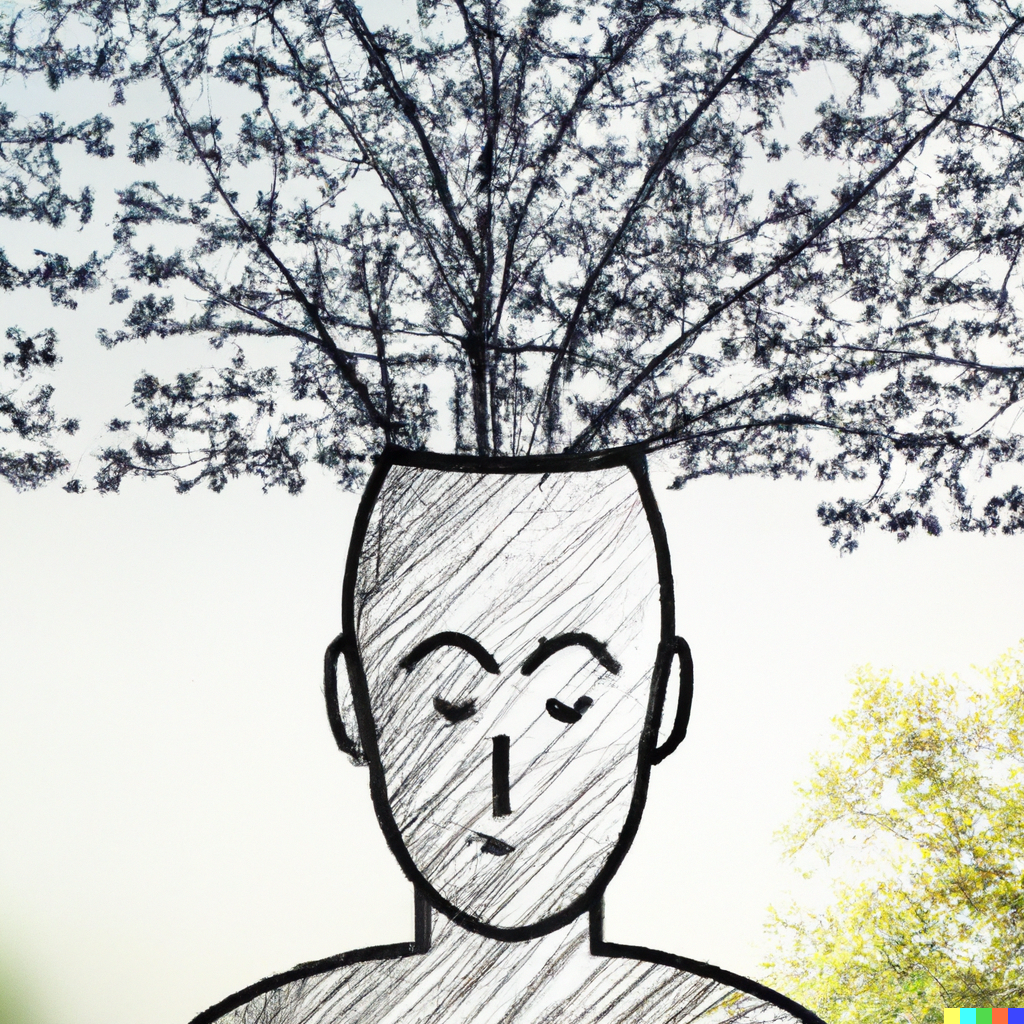Math, the Path to Polymath
Polymath: “a person of various learning who has learned and knows much”

The polymath, commonly referred to as “Rennaissance Man” or “Universal Man,” was coined by the Greeks to describe Philosopher Plato as a human with deep knowledge in different fields. The idea of the polymath, although coined at the time of Plato, has existed for a long time, in fact, there have always been humans with great knowledge.
But a polymath is not only defined by great knowledge — a polymath has the ability to easily learn new subjects by applying their learning and skills from past subjects to new ones. This is done by finding the parallels in different fields and establishing links between the topics.
So are polymaths just generalists who know a little about everything?
Not necessarily. Many who strive to become polymaths may take it this way, however, there is a much better way to become a polymath. Although Polymathy is “the knowledge of many arts and sciences,” it can greatly benefit the polymath to have a mastery over a subject to easily learn others, and in fact, this is how the great polymaths in history became so knowledgeable.
Sir Isaac Newton, an example of a polymath from the past, did not, all of a sudden, have revelations of the laws of gravity and the optical properties of light. He began somewhere, and that somewhere, was math.
From Isaac Newton’s Biography, on IsaacNewton.com, we find that when the young Isaac began studying at Cambridge, he was quite interested in Philosophy and created a list of questions about philosophy’s functions.
From his questions he discovered the binomial theorem, which was the foundation of his original theory, calculus.
As we see, Newton began with Philosophy and Mathematics when he developed the revolutionary science of Calculus. This gave him an amazing foundation to learn about physical phenomena in the world, such as gravity and optics.
This raises the question, what is the best field to try to master so that one can easily learn other subjects?
Well as the title of this article may suggest, it is math! Math, commonly referred to as the language of the universe speaks through all subjects in some way or another. If you are unconvinced that mathematics is the core to becoming a polymath, (first of all, just read the words, you could define polymath as “many maths”) consider the great polymaths in history… many of them were mathematicians!
In their article, “20 Mathematicians Who Made History,” Josberth Johan Benitez Colmenares, content writer for the journal, Exploring Your Mind references 20 historical mathematicians who changed the world… and most of them were also polymaths.
Many can have a deep knowledge in an assortment of topics, even if it takes a long time to learn, but a true polymath will not only know many things but also learn knew things quickly and intuitively.
The optimal path to becoming a polymath is math because their intuition for understanding a foreign topic is so quick that it’s almost as if they already knew it.
From anecdotal experience… I am a math major finishing up my bachelor’s degree with all of the mind bending Differential Geometry and Abstract Algebra behind me. When I speak to my friends about physics and chemistry and I implore them to get technical, light bulbs pop on left and right in my brain because I am instantly connecting those ideas with topics that I deeply understand within mathematics… It just comes easy.
A strong foundation of mathematics equips a human with tools that can apply in all sciences and arts. One with such a background can easily learn difficult topics in the other sciences such as Physics, Chemistry, and Biology.
Mathematics, however, is not limited to just the sciences. Polymaths Leonardo Da Vinci and Pythagoras used Math in art and music when Da Vinci used the Golden Ratio to draw and paint magnificent pieces and Pythagoras used string length ratios to find beautiful sounding intervals between the notes.
As logic is one of the largest branches of mathematics, a mathematical background easily integrates into computer science, law, and even history.
So if you are trying to become a polymath, ask yourself, “how are my math skills?” If you have not added mathematics to your curriculum for becoming a polymath, the time to begin is now! Your learning rate will get faster due to the fact that your intuition to find the parallels between topics will increase overnight.
So good luck future polymaths! The world is changing for us - knowledge is the most accessible it has ever been. With the rise in the need for interdisciplinary workers and teams, there will definitely be a home for us, don’t-give-up!
Keep learning and keep learning how to keep learning better!
By Gianangelo Dichio
February 7, 2023
Comments
Post a Comment